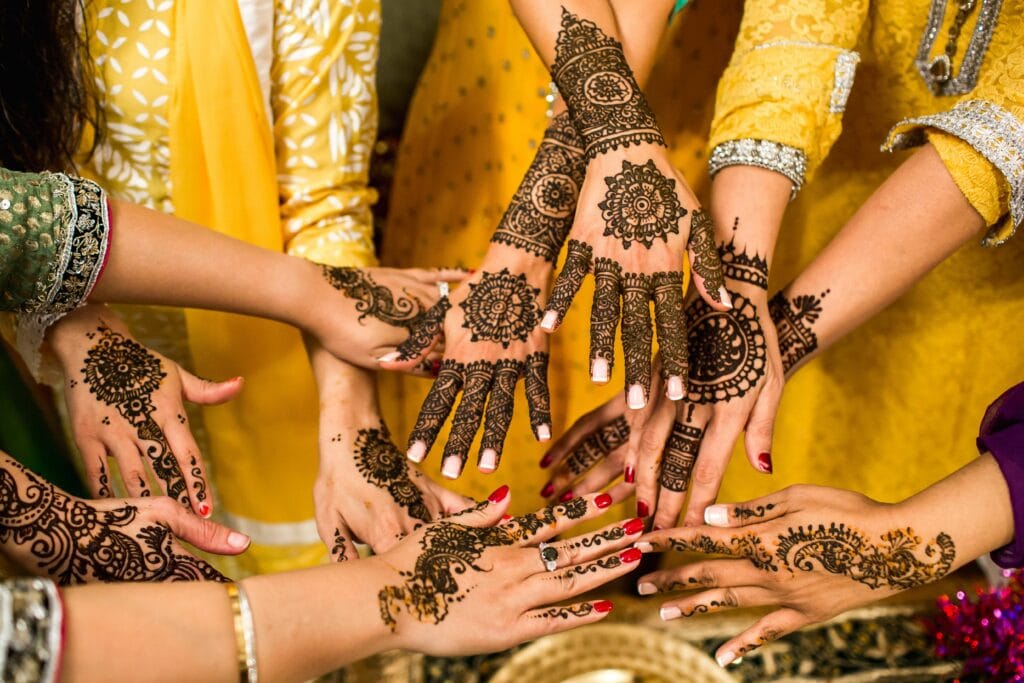Cultural intelligence: what it is and why it matters

In today’s globalised world, it’s becoming increasingly important to be culturally intelligent. But what exactly is cultural intelligence, and why does it matter?
Cultural intelligence refers to the ability to understand, appreciate and work with people from different cultural backgrounds. It involves being aware of your own cultural biases and assumptions, as well as being able to adapt to and navigate different cultural contexts.
Why does cultural intelligence matter? For one, it helps us build stronger relationships with people from different backgrounds.
When we're culturally intelligent, we're able to connect with others on a deeper level, understand their perspectives, and build trust and respect.
Cultural intelligence also makes us more effective communicators. By understanding different cultural norms and communication styles, we’re better able to express ourselves in a way that is clear and respectful to others. We’re also better equipped to listen actively and understand the nuances of what others are saying.
Another benefit of cultural intelligence is that it helps us to avoid misunderstandings and conflicts. When we’re aware of cultural differences, we’re less likely to make assumptions or jump to conclusions about others’ behaviour or intentions. We’re also better able to navigate cultural differences and find common ground.

So, how can we develop cultural intelligence? One way is to engage with people from different cultural backgrounds. This could involve travelling to different countries, attending cultural events in your own community, or simply striking up conversations with people who have different backgrounds than your own.
It’s also important to be aware of your own cultural biases and assumptions. This could involve reflecting on your own cultural background and how it has shaped your beliefs and values, as well as seeking out feedback from others about how your behaviour may be perceived.
Finally, developing cultural intelligence requires a willingness to learn and grow. It’s important to approach cultural differences with an open mind and a willingness to adapt and change your behaviour when necessary. When you do this, you’ll appreciate the benefits to your personal and professional relationships.






Responses